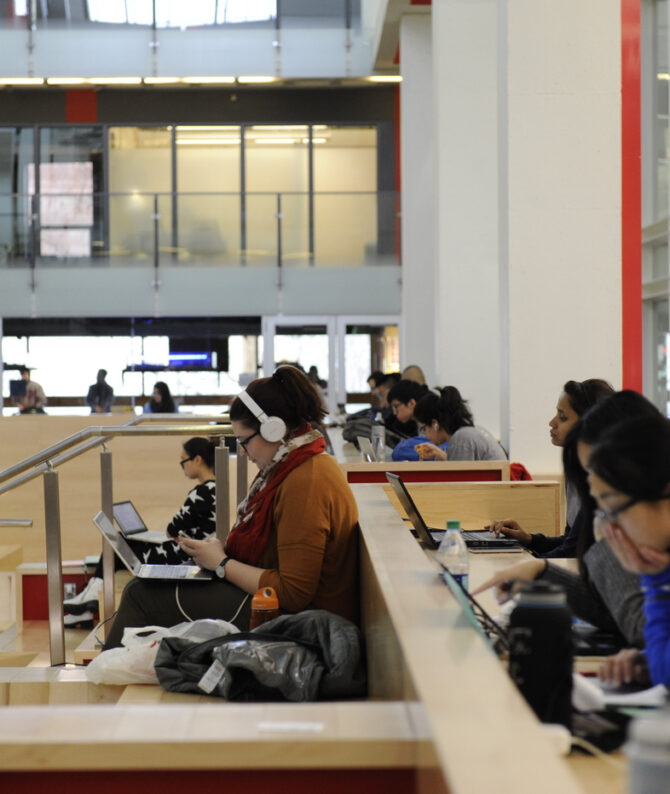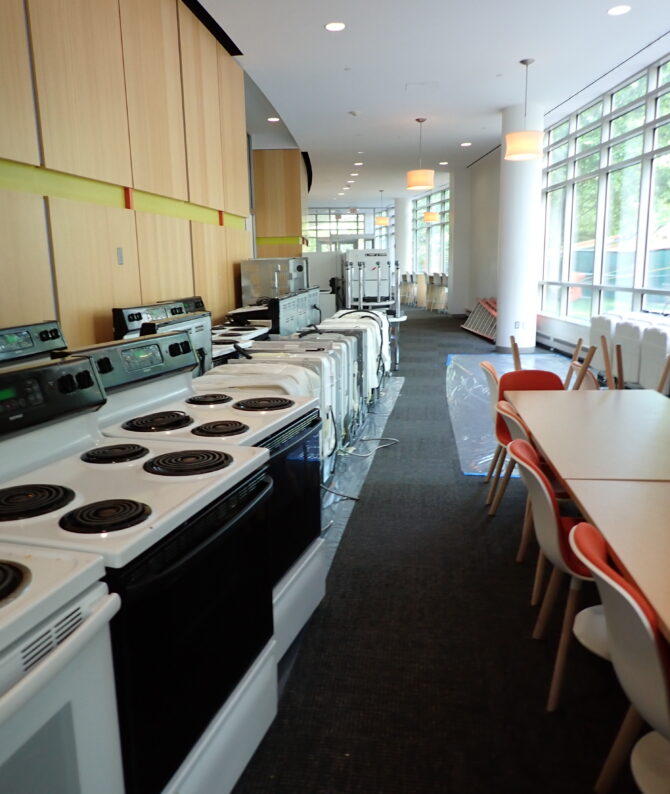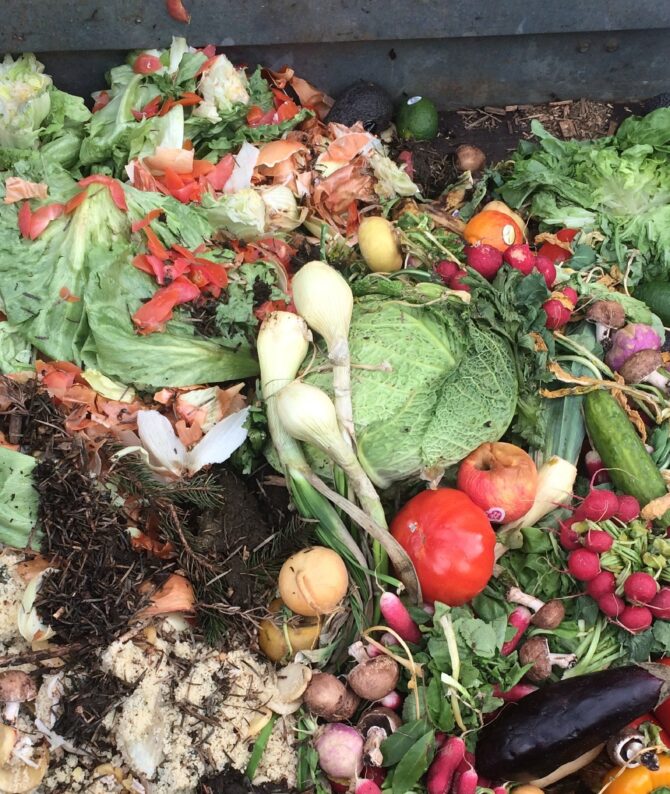Alumni Relations hosts “Creating a Sustainable Future” Conversation
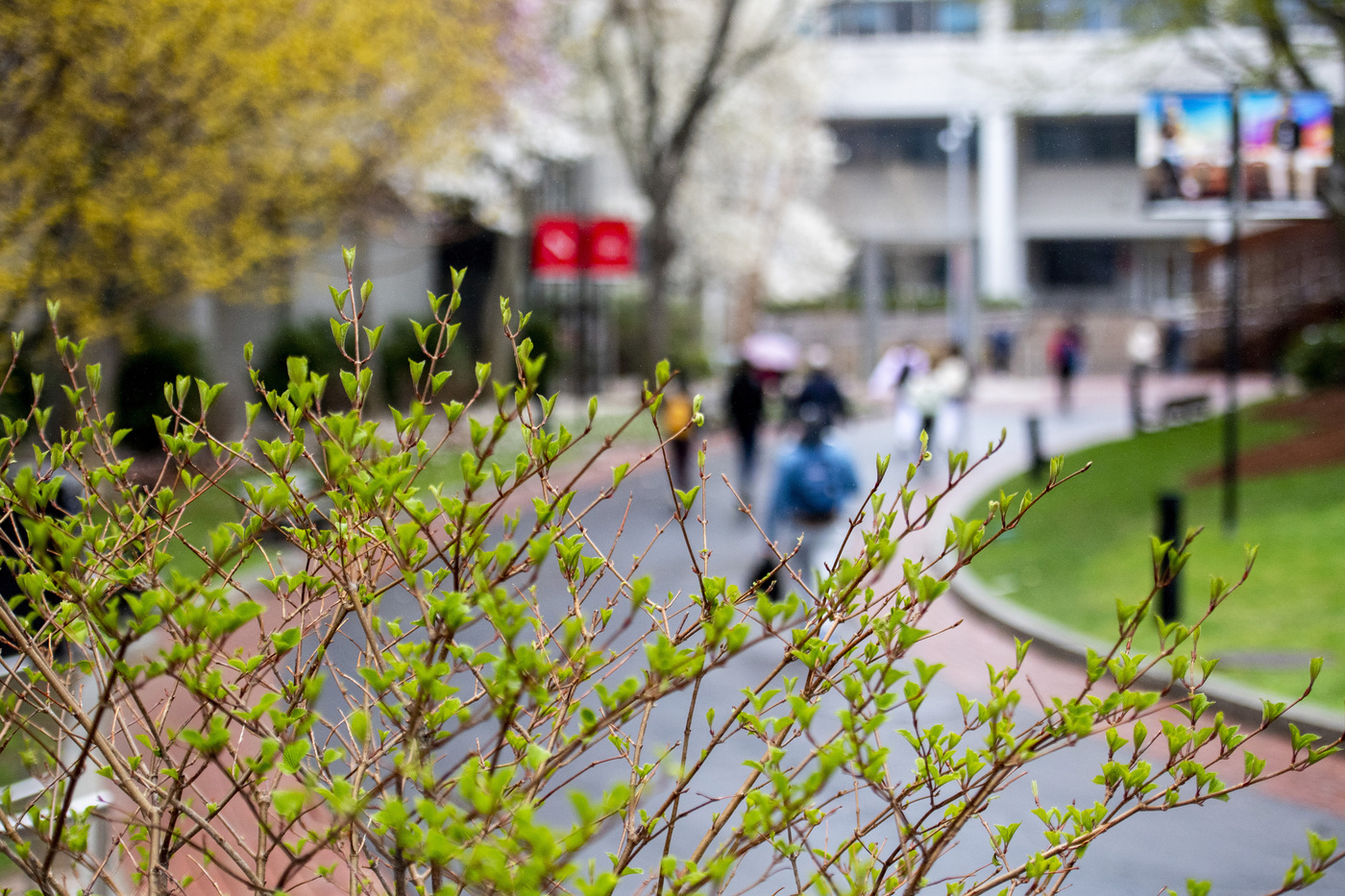
Leah Bamberger, Executive Director of the Climate Justice and Sustainability Hub, recently moderated a panel “Creating a Sustainable Future” hosted by the Northeastern Alumni Relations Department on March 15. The panel featured three different alumni working in the sustainability fields.
Panelist Kate England, class of 2008, and current Director of Green Infrastructure for the City of Boston, spoke about her initial culture shock coming to Northeastern’s urban campus from her rural upbringing.
“My understanding of the world from a very young age is that it should be green and wild and natural,” England said.
During her time at Northeastern she completed two dialogues of civilizations that inspired her interest in sustainability as a career. She spoke about her role and experience implementing green infrastructure across both the public and private sector, with a focus on promoting education and job training to find work in the green infrastructure field. One of her main challenges is the lack of qualified personnel for maintenance and construction work in green infrastructure. To address this, England is working to build a pipeline for young kids interested in sustainability to join the Boston Green Teams program and receive training and eventually get hired by the city of Boston.
“[I’m] really hoping to create those connections and to help walk people through from grade school all the way up to careers in green infrastructure,” England said.
Panelist Mike Green then spoke about his experience as the director of carbon markets at Native where he works in the private sector to get companies to think about their carbon footprint and offsets.
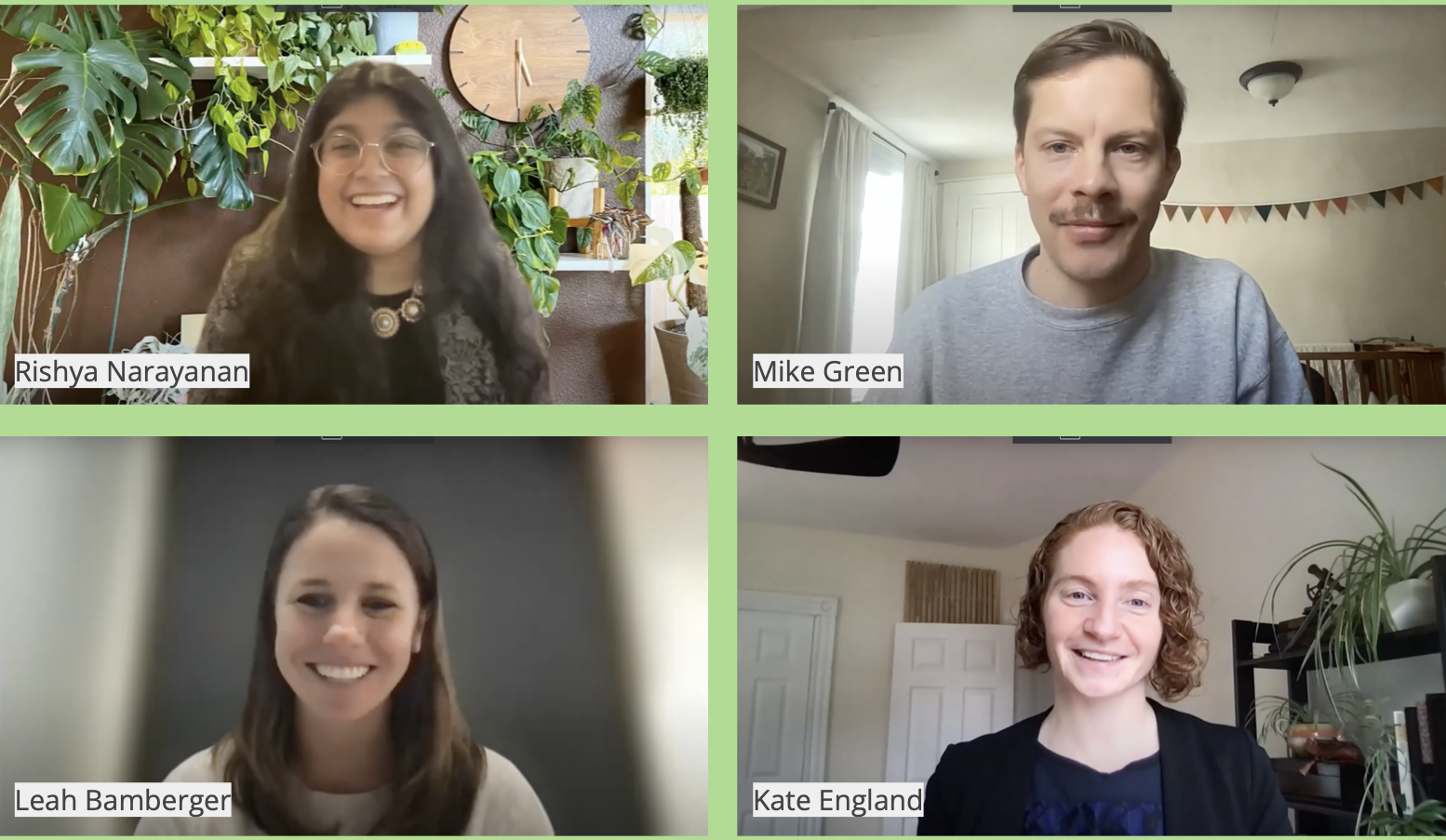 |
He is passionate about advocacy and the intersection between businesses and sustainability. He presented a case study of Native’s work with Ben and Jerry’s and with Clif Bars.
Native has worked with Ben & Jerry’s to try to combat the methane emissions from the cow farms where they get their dairy. One solution they are working on is a manure digestors that can take cow manure and turn it into energy used for other parts of the farm.
“Ben & Jerry’s wants to work on the next ice cream flavor, the next American dream if you will,” Green said. “They’re not going to come in and try to find who is the next biodigester facilities finder for various rural farms around the world, that becomes a big challenge for someone else to take on and we’re happy to play that role.”
The last panelist was Rishya Narayanan, class of 2018, and she spoke about how her love for animals and the environment from a young age shaped her career path after graduation. As a kid, she used to press her face against the glass at aquariums, and now she is working at Conservation Law Foundation (CLF), which lobbies the government for better environmental policy, shuts down polluters, protects the ocean, and works to create better energy infrastructure.
“One of the reasons I really enjoy working at conservation law foundation is because when it comes to climate solutions, it is an organization that thinks of the systems levels,” Narayanan said. “The real way we’re going to make an impact is by working together and tackling these really big systems level issues.”
Narayanan discussed the issues with ISO New England, a regional grid operator that manages the markets where electricity producers sell electricity. Historically, ISO New England has prioritized fossil fuels over clean energy, but CLF has stepped in to ensure that ISO can transition to renewable energy and help residents.
“It’s not as tangible as turning the light off, but it is the kind of big change that we need to make an impact and change that we need everyone’s support on,” Narayan said.
The panelists also answered questions from the audience and from Bamberger. They spoke about different setbacks they faced and how they got people on board. England said that because green infrastructure is a relatively new and misunderstood field, a lot of what she did at the beginning of her career is public education campaigns to get people on board. Narayan spoke about how antiquated systems were rooted in “isms” like racism and sexism, so it takes real upheaval to make change.
Overall, the panelists emphasized the need for everyone to be involved in the climate space, and how diverse backgrounds and expertise are essential to create a sustainable future.
“Quite frankly, we need every type of career and every type of person to be involved at this time,” Green said.
The full conversation can be viewed here.
Written by Renée Abbott, April 28th, 2023

